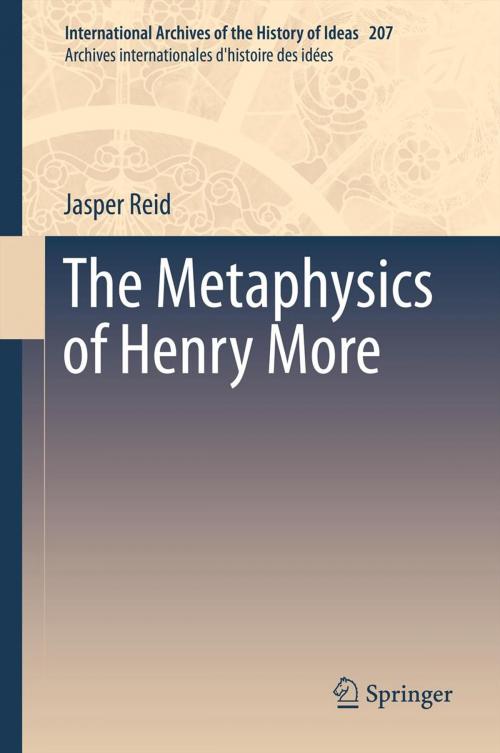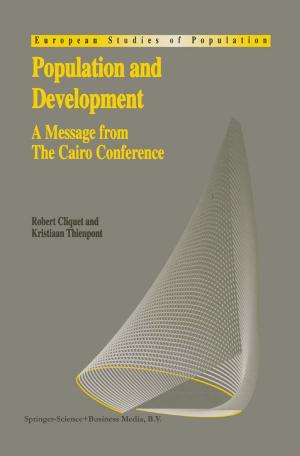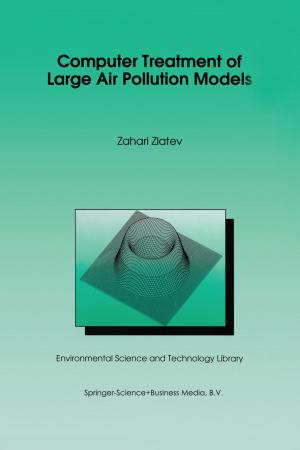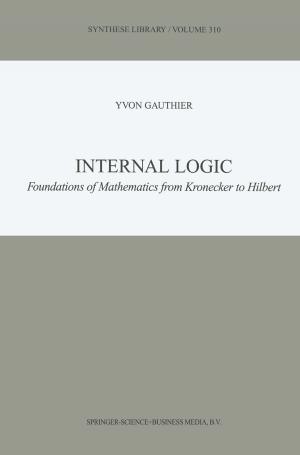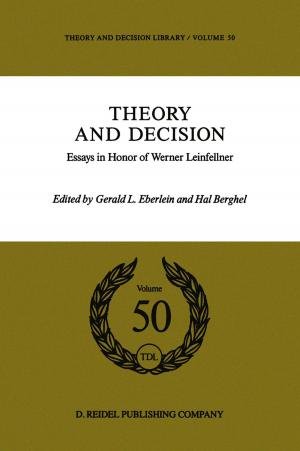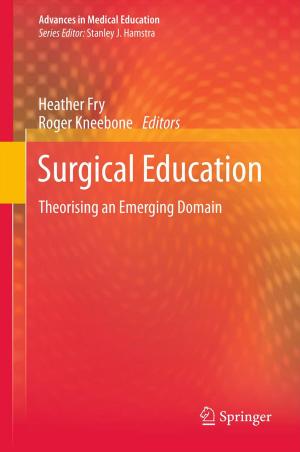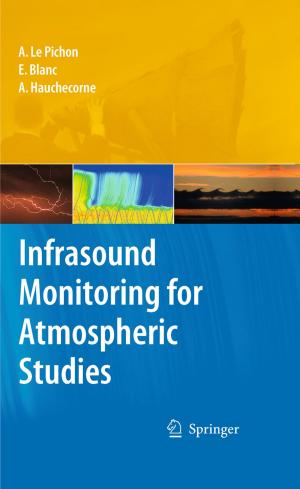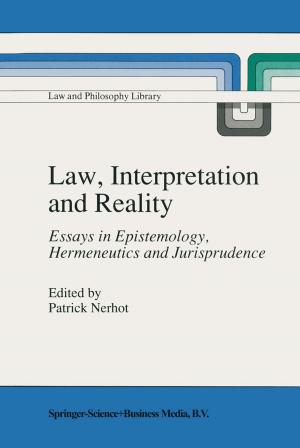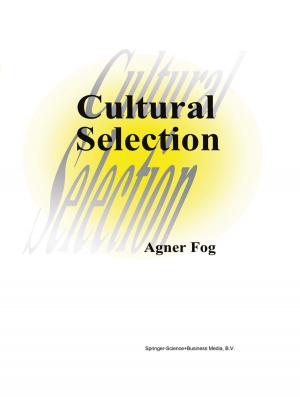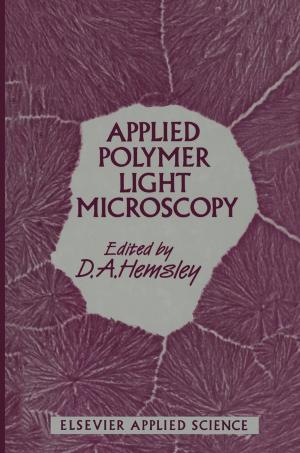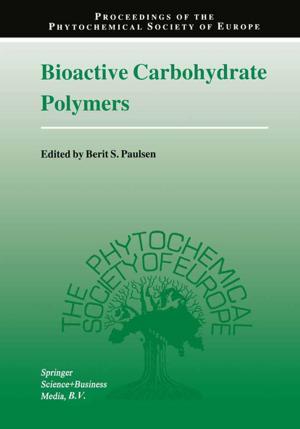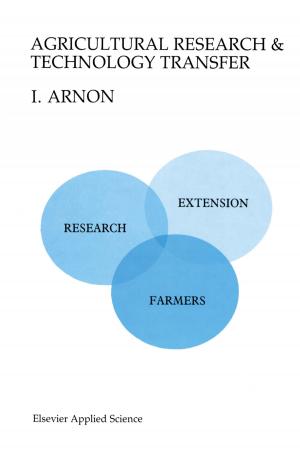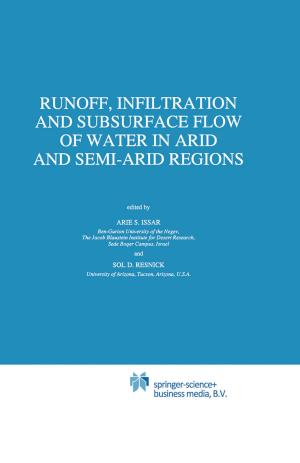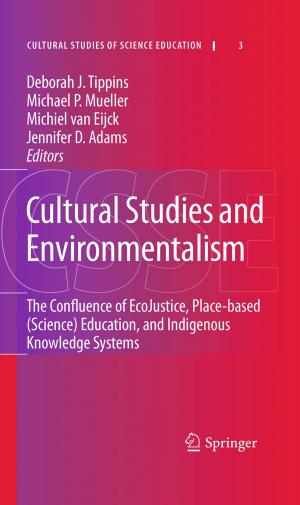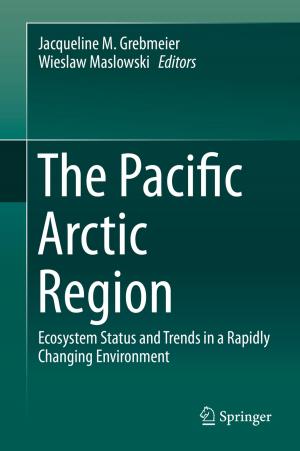The Metaphysics of Henry More
Nonfiction, Religion & Spirituality, Philosophy, History, Criticism, & Surveys, Science & Nature, Science, Other Sciences| Author: | Jasper Reid | ISBN: | 9789400739888 |
| Publisher: | Springer Netherlands | Publication: | May 22, 2012 |
| Imprint: | Springer | Language: | English |
| Author: | Jasper Reid |
| ISBN: | 9789400739888 |
| Publisher: | Springer Netherlands |
| Publication: | May 22, 2012 |
| Imprint: | Springer |
| Language: | English |
The book surveys the key metaphysical contributions of the Cambridge Platonist, Henry More (1614–1687). It deals with such interwoven topics as: the natures of body and spirit, and the question of whether or not there is a sharp ontological division between them; the nature of spatial extension in relation to each; the composition and governance of the physical world, including More’s theories of Hyle, atoms, vacuum, and the Spirit of Nature; and the life of the human soul, including its pre-existence. It approaches these topics and the systematic connections between them both historically and analytically, and seeks to do justice to the ways in which More’s system developed and changed—sometimes quite dramatically—over the course of his long career. It also explores More's intellectual relations with both his own inspirations (Plotinus, Origen, Ficino, Descartes, etc.) and with those who responded, whether positively or negatively, to his work (Leibniz, Locke, Boyle, Newton, etc.).
The book surveys the key metaphysical contributions of the Cambridge Platonist, Henry More (1614–1687). It deals with such interwoven topics as: the natures of body and spirit, and the question of whether or not there is a sharp ontological division between them; the nature of spatial extension in relation to each; the composition and governance of the physical world, including More’s theories of Hyle, atoms, vacuum, and the Spirit of Nature; and the life of the human soul, including its pre-existence. It approaches these topics and the systematic connections between them both historically and analytically, and seeks to do justice to the ways in which More’s system developed and changed—sometimes quite dramatically—over the course of his long career. It also explores More's intellectual relations with both his own inspirations (Plotinus, Origen, Ficino, Descartes, etc.) and with those who responded, whether positively or negatively, to his work (Leibniz, Locke, Boyle, Newton, etc.).
